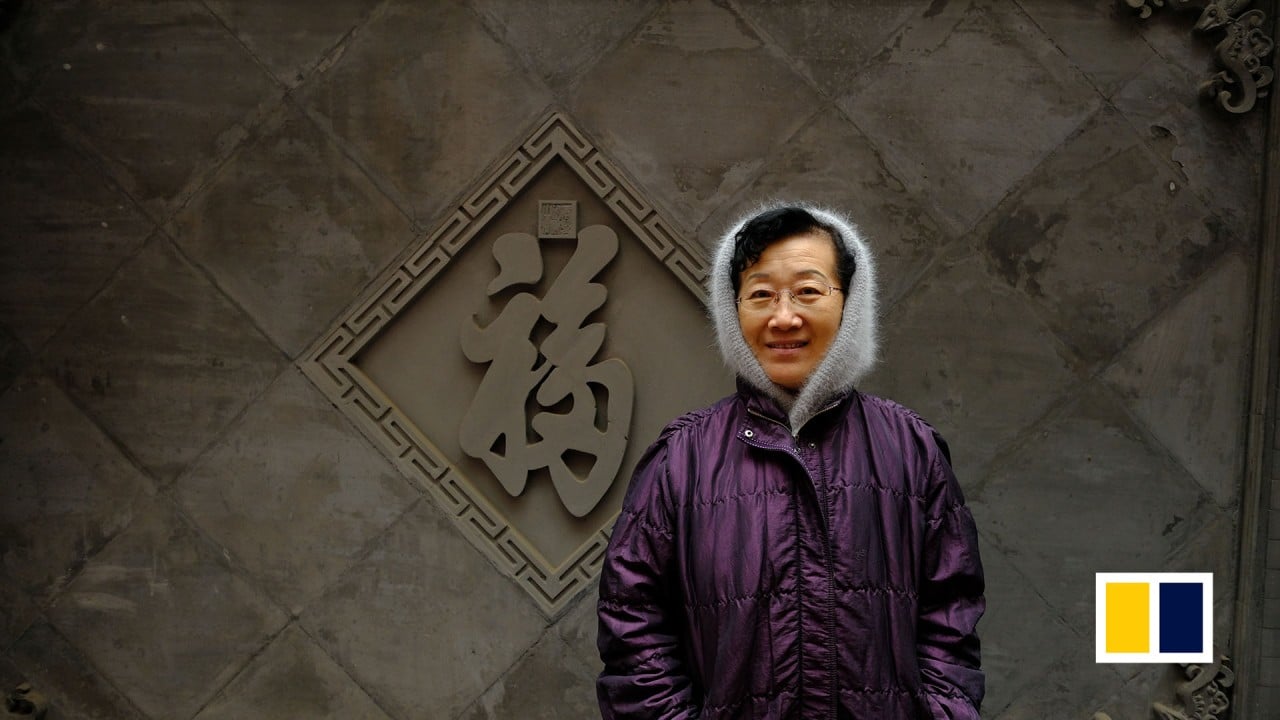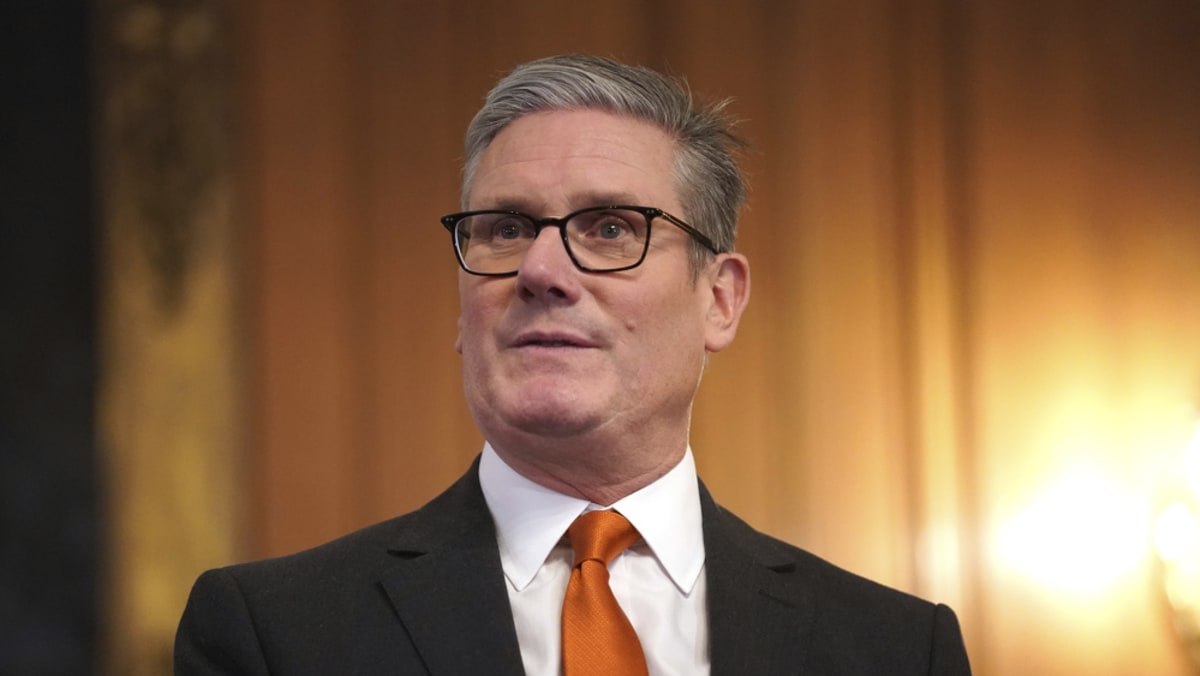Xi delivered the address at a commemorative event held every decade around August 22 – a tradition that allows the party’s leaders to reconnect with its founding fathers and announce a path forward.
He used the event to offer a salute to the past and to acknowledge the political challenges of today.
The principle did so because it was centred on the country’s fundamental, overall and long-term interests, ensuring both autonomy and stability in the two special administrative regions.
“We must steadfastly implement the one country, two systems policy and promote Hong Kong and Macau’s integration into the national development framework,” Xi said, in a year that not only marks 40th anniversary of the Sino-British Joint Declaration, a key document over the handover of Hong Kong to China, but also the 25th anniversary of the return of Macau to China.
One country, two systems was also supposed to be a template for unification with Taiwan.
In his address, Xi restated Beijing’s unyielding position against Taiwanese independence, and presented himself as taking on the responsibility left by the party’s elders.
“Achieving national reunification is not merely an aspiration of past leaders like Mao Zedong and Deng Xiaoping, but a collective yearning of the Chinese people both home and abroad, and also an unstoppable historical trend.”
We must deeply study and apply Deng Xiaoping Theory to navigate the complexities of our time
Deng, who died in 1997 at the age of 92, is credited as the “architect” of China’s economic reform which transformed a poor, backward country into a global superpower.
He also reintroduced public examinations for university admissions and government jobs, laying the groundwork for the resurgence of education, science and technology in modern China.
But the anniversary comes as China grapples with unprecedented challenges, including economic sluggishness, rising unemployment and an intensified rivalry with the US.
“As we embark on this new journey in a new era, we must deeply study and apply Deng Xiaoping Theory to navigate the complexities of our time,” Xi said, directly connecting his policies to the foundational work done by Deng.
Xi has articulated clearer objectives with specific timelines, such as aiming for a “moderately developed” economy by 2035 and realising the rejuvenation of the Chinese nation by 2049.
Party discipline is central to that reform mission – “the party must have a core, and the party’s Central Committee must have authority”.
“Reforms should be bold in spirit but steady in pace, managing the relationship between reform, development, and stability, with stability being paramount. The key to handling China’s affairs lies in the party, which must focus on both reform and opening up, and on combating corruption,” he said.
Xi also reflected on Deng and China’s place in the global order.
For the first time, Xi applauded Deng as “a great internationalist who has made significant contributions to world peace and development”, remarks that tied China’s present global path to Deng’s strategy.
“China is a staunch force for world peace. We will advocate peace, development, cooperation, and win-win outcomes while pushing forward with initiatives to create a community of shared human destiny,” Xi said, reaffirming his long-held goal for China to become a peaceful global superpower on the international stage.
“[Deng] profoundly summed up the experience and lessons of the reform and opening up process, emphasising the need to concentrate on party building, strengthen ideological and political work and education on fine traditions, improve the party’s leadership level and governing ability, and ensure the stability of the red regime.”
Xie Maosong, a senior researcher at the National Institute of Strategic Studies at Tsinghua University, said the speech framed Deng as the staunch defender of China’s socialist path, a central legacy that Xi inherited and was upholding now.
“Just imagine if China were to follow the Soviet Union’s path and to fall apart. The country might be totally different now. Deng’s fundamental contribution to the party and his successors was leaving a united socialist China with the Communist Party playing an effective leadership,” Xie said.
Rana Mitter, ST Lee Chair in US-Asia Relations at Harvard Kennedy School, said not all of Deng’s approach was applicable today.
“Deng Xiaoping was a key figure in moving China from a command economy to market socialism. He worked with other key reformist figures, notably Zhao Ziyang and Hu Yaobang, and had to push back against economic conservatives such as Chen Yun,” Mitter said.
“His plans worked well during the period of high global economic growth. However, today China faces slower growth and a need to move towards a more open, tech-driven economy – the export-oriented manufacturing of Deng’s time can’t just be translated to the 2020s.”
Alfred Wu, an associate professor at the National University of Singapore, said there was a desire to return to the times of strong economic growth.
“All reforms are driven by necessity,” he said. “Now everyone is dissatisfied, as the economic downturn is quite evident, and China is facing a hostile environment amid rivalry with the US.”








